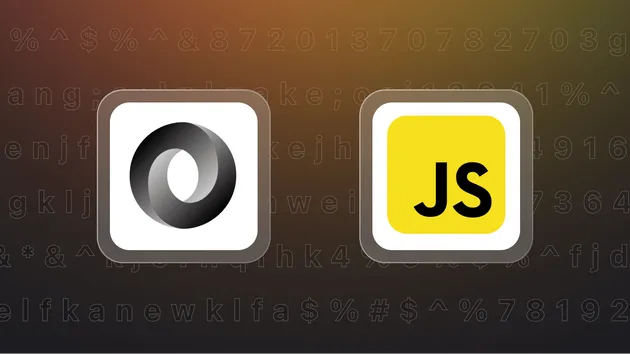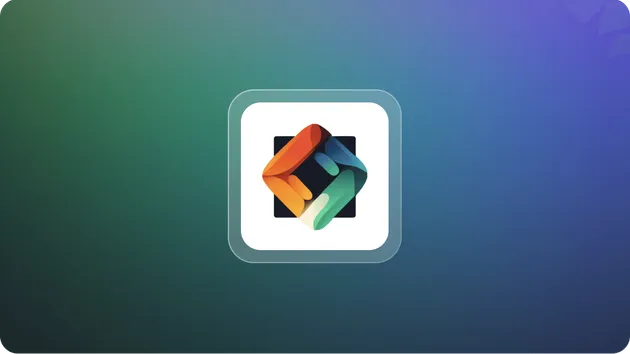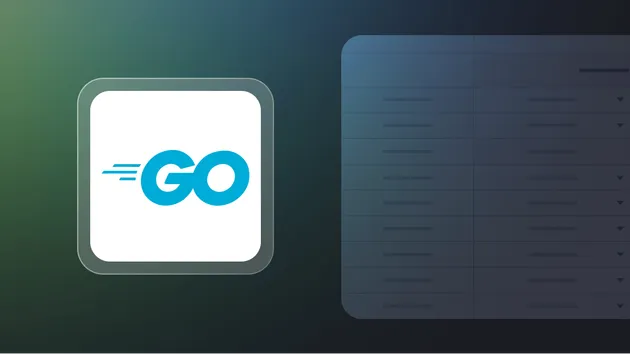Wordpress Post Scraper - NEW
Pricing
$5.00/month + usage
Wordpress Post Scraper - NEW
This actor scrapes WordPress blog posts of one or more websites, cleans the HTML content, and pushes flattened JSON data (collects all data it can find in the post). It uses Selenium to handle pages requiring JavaScript rendering.
Pricing
$5.00/month + usage
Rating
1.0
(1)
Developer

Paco
Actor stats
7
Bookmarked
171
Total users
3
Monthly active users
7 months ago
Last modified
Categories
Share




